Disney’s name has seldom escaped the news recently.
From the situation with Florida’s Parental Rights in Education Bill (which critics call the “Don’t Say Gay” bill) to the dissolution of the Reedy Creek Improvement District, comments made about Disney’s “Reimagine Tomorrow” employee training, and changes in Disney’s communications leadership — there’s been a lot going on. Now, it seems Disney has become the subject of something else and the focus of one particular U.S. Senator.
Josh Hawley, a U.S. Senator for the state of Missouri, recently posted a message on Twitter regarding Disney and U.S. copyright protections. In it, Hawley said “For years, Disney has gotten special copyright protections from the federal government – allowing them to charge consumers more.”
Hawley went on to say, “Woke corporations shouldn’t get sweetheart deals. I’ll introduce legislation this week to end their special protections.”
For years, @Disney has gotten special copyright protections from the federal government – allowing them to charge consumers more. Woke corporations shouldn’t get sweetheart deals. I’ll introduce legislation this week to end their special protections – enough is enough
— Josh Hawley (@HawleyMO) May 2, 2022
UPDATE: Fox News has since shared that Senator Hawley will be introducing some legislation that would “strip the Walt Disney Company of special copyright protections granted to the corporation by Congress, while also limiting the length of new copyrights.”
The new legislation, which is reportedly being called the “Copyright Clause Restoration Act of 2022” would “cap the length of copyrights given corporations by Congress to 56 years and retroactively implement this change on companies, including Walt Disney.”
In an exclusive statement to Fox News, Hawley said: “The age of Republican handouts to Big Business is over. Thanks to special copyright protections from Congress, woke corporations like Disney have earned billions while increasingly pandering to woke activists. It’s time to take away Disney’s special privileges and open up a new era of creativity and innovation.”
In the past, we’ve discussed copyright in depth when it comes to Mickey Mouse. As we shared, Disney has lobbied the U.S. Congress extensively when it comes to general copyright protections, and it has done so successfully.
Copyright law provides individuals (or companies) with exclusive rights over creative works — this includes fictional characters that are original and fixed in a tangible medium. As long as the copyright protection lasts, the owner has the exclusive ability to use and distribute their work. Once the copyright expires, the work goes into the public domain. At that point, anyone can use that work however they want to.
Copyrights only last a number of years. In the past, Disney has lobbied Congress to make some changes to the U.S. copyright laws to extend certain protections, which, as a result, have extended the copyright protection on their main mouse (and other works that would fall under the regulations).
The most recent example of this is with the Copyright Term Extension Act of 1998 (which many refer to as the “Mickey Mouse Protection Act”). Under that law, corporate copyright protection was extended from 75 years to 95 years.
According to the U.S. Copyright office’s website, “For an anonymous work, a pseudonymous work, or a work made for hire, the copyright endures for a term of 95 years from the year of its first publication or a term of 120 years from the year of its creation, whichever expires first.”
As a result of the current laws, Mickey Mouse won’t fall under the public domain until 2024.
At this point, not much else about this proposed legislation has been shared. We’ll keep an eye out for more details and let you know what we find.


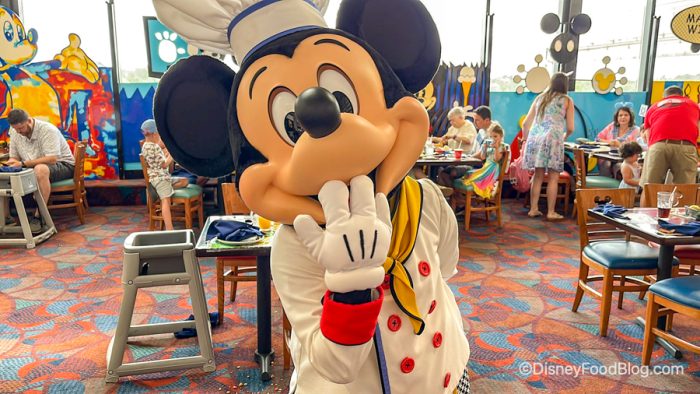

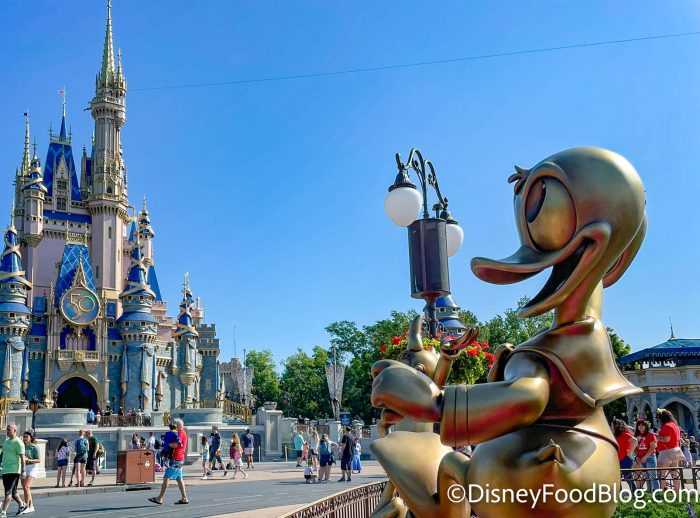
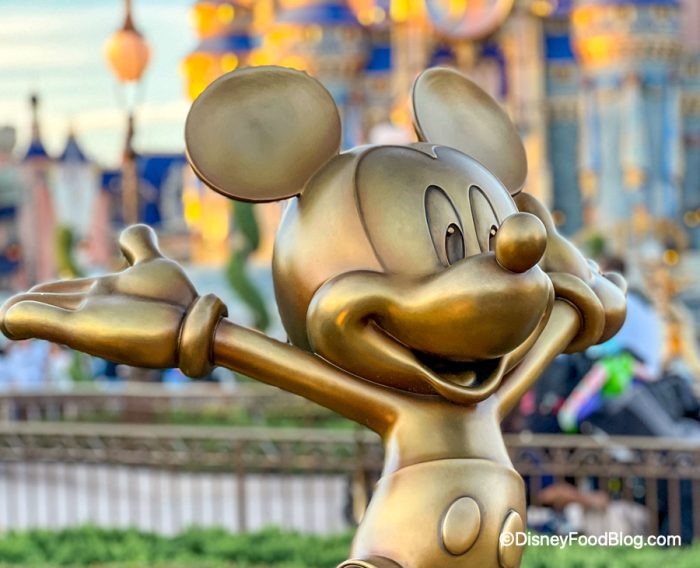
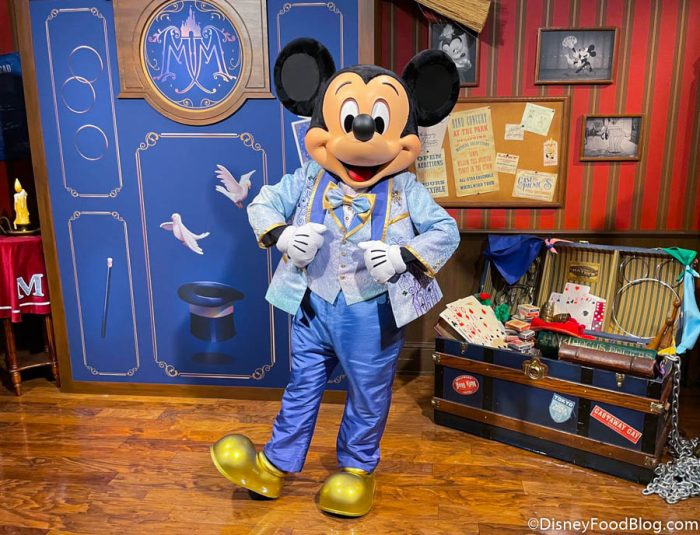
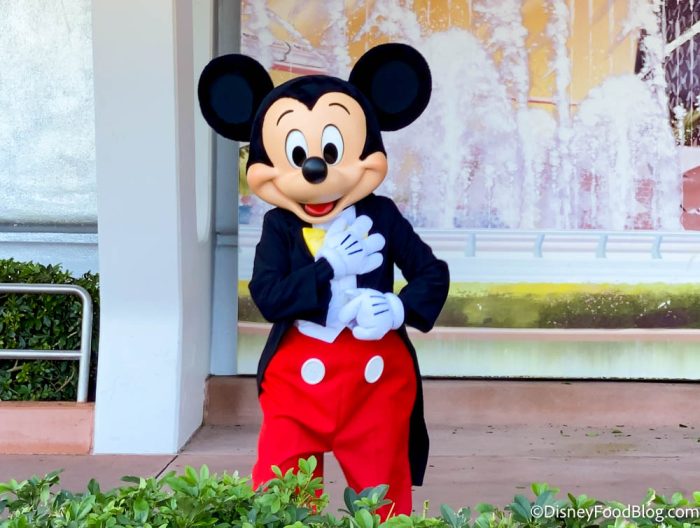













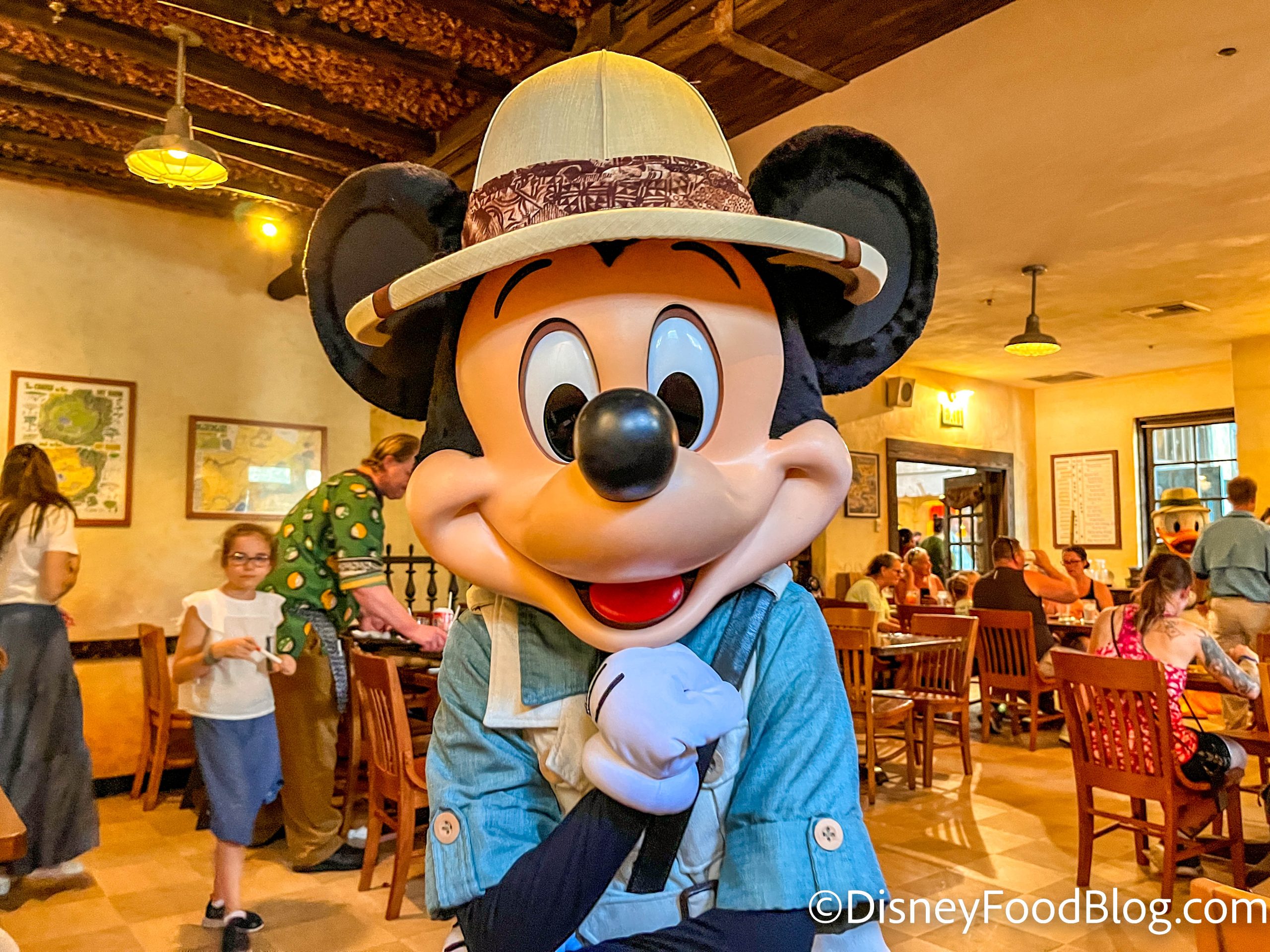






 Our handy (and portable!) ebook guides make sure you get the best deals and can plan a vacation of a lifetime.
Our handy (and portable!) ebook guides make sure you get the best deals and can plan a vacation of a lifetime.

Take special arrangements away from all who have been given them politically and perhaps one might believe this isn’t all about the Governor no being happy that a big company wasn’t afraid to disagree with him. Politicians are more than happy to bend over backwards when they benefit but let someone disagree with them and withhold money from them and this is what you get.
This amounts to nothing more than a political pile on further rile his base and make headlines.
Some politicians keep referring to the term woke like it’s some kind of bad thing. To me, woke simply means people come to realize that certain words or terms that have been used in mainstream conversations for years are actually offensive to others. These words always have been insulting and demeaning and now we are aware of this, we need to stop using them out of respect to others. It’s a good thing to start paying attention to the things we’re saying if they are hurtful or offensive to others. Is learning a bad thing now? Should we actually remain in willful, hurtful ignorance in our language to one another? Are politicians saying we need to not be concerned about saying things that are offensive to others?
At some point in all of our lives, someone’s going to say something hurtful to you or someone you love. Would you rather they realize that’s hurtful and stop, or continue because being “woke” to that hurtful kind of language is something to be ashamed of, instead of the thing they just said?
Steve well, said
well, said
Yes, thank you Steve!
Why should Disney get special protection? The only purpose is charge consumers more for products. I’m glad to hear they’re considering this action.
Why would you not post my original comments, nothing vulgar just the fat that Disney brought all of this on itself, and people do not understand how gas prices work.
Maybe Disney shouldn’t have commented on a parental rights bill that over 60% of democrats agree with. Disney isn’t all powerful. There are consequences to sticking your nose where it doesn’t belong. Woke isn’t outdated words, woke is feigned outrage over anything you don’t agree with. Woke is the needs of the few outweighs the need of the many.
Hi Gino. Unfortunately, the first part of your comment was inflammatory and directed at another reader’s comment. We will not approve comments that are inflammatory, disrespectful, vulgar or would not be accepted by a wide audience. Thanks for your understanding.